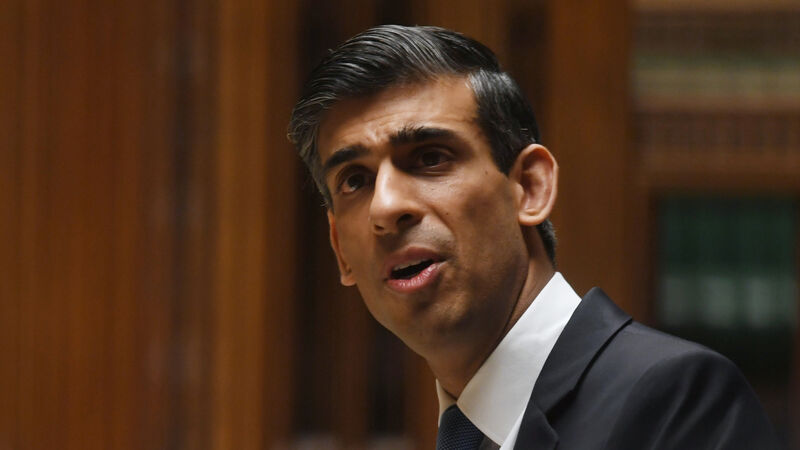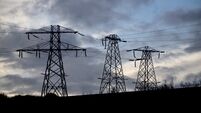UK unveils €10.7bn package to ease household energy bills this winter

UK chancellor Rishi Sunak says the UK government can 'take the sting out of' rising energy prices for the British public.
UK chancellor Rishi Sunak announced a raft of measures as the British government sought to get a grip on a burgeoning cost-of-living crisis, with millions of people facing record increases in their energy bills.
“The government is going to step in to directly help people manage those extra costs,” Mr Sunak said in the House of Commons, saying his intervention was worth £9bn (€10.7bn).














